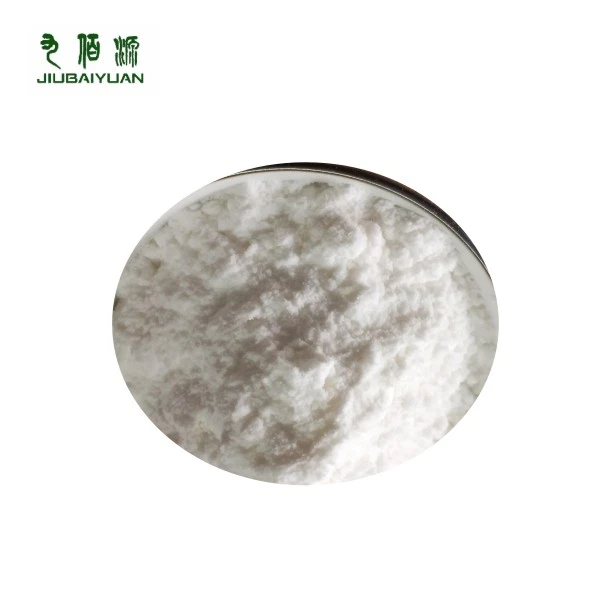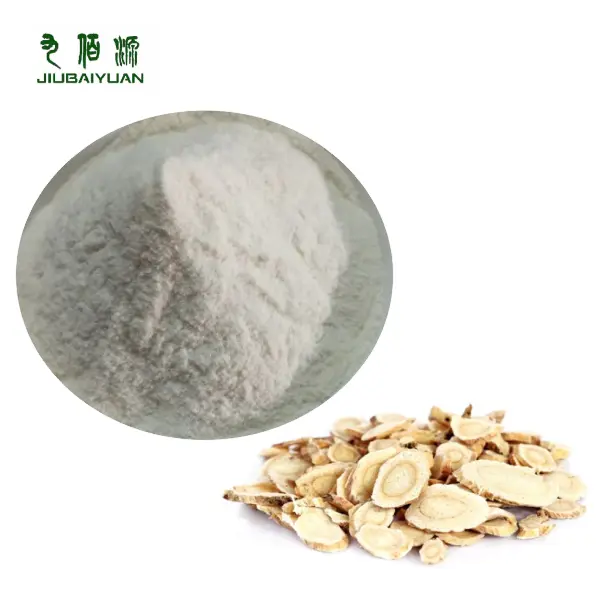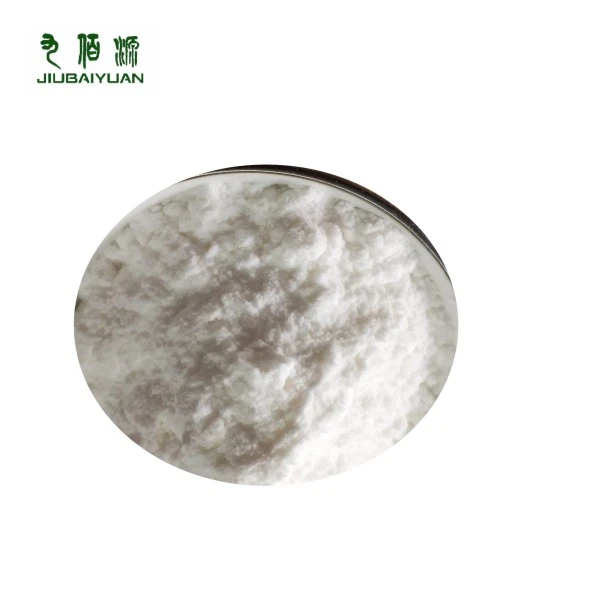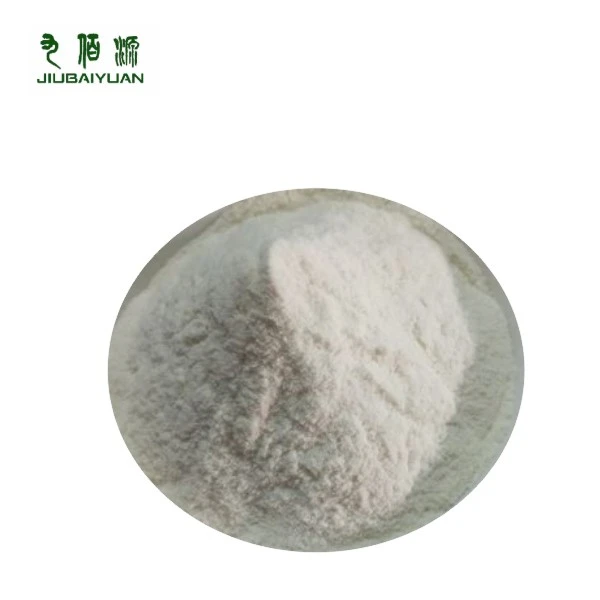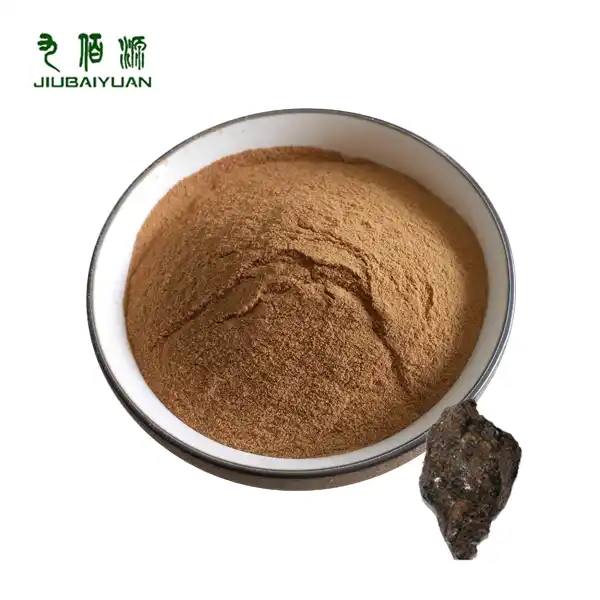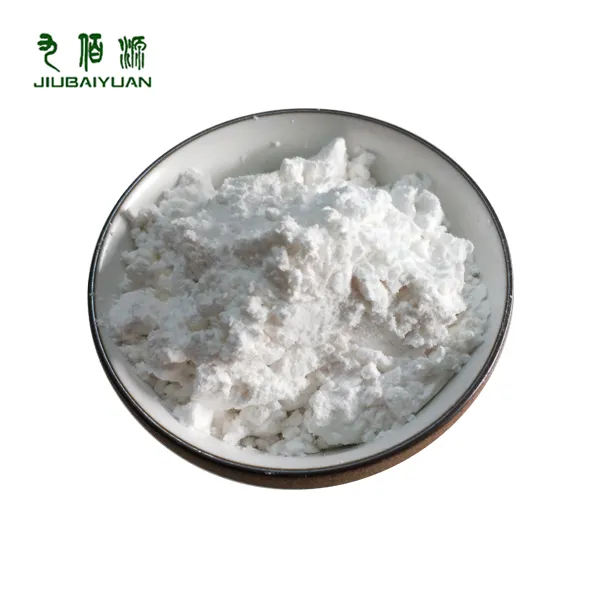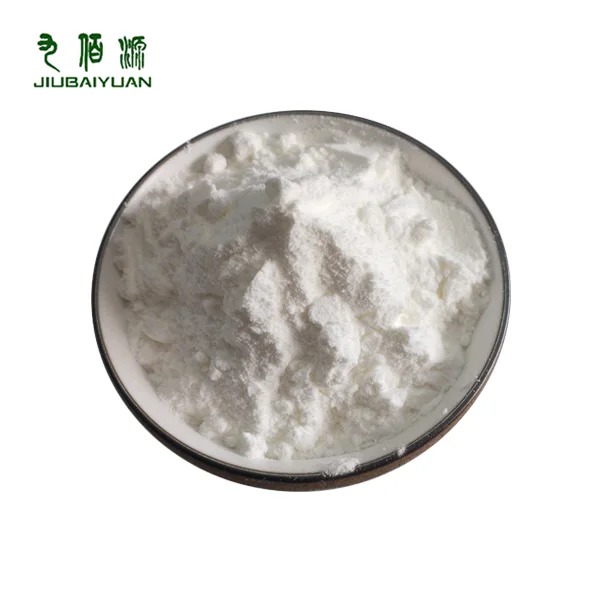Unlocking the Benefits of Diacerein Powder for Joint Health
Joint health is a crucial aspect of overall well-being, particularly as we age or engage in physically demanding activities. Among the various solutions available for managing joint discomfort and promoting joint health, diacerein powder has emerged as a promising option. This article delves into the world of diacerein powder, exploring its mechanisms, benefits, and considerations for use.
What is Diacerein Powder and How Does It Work?
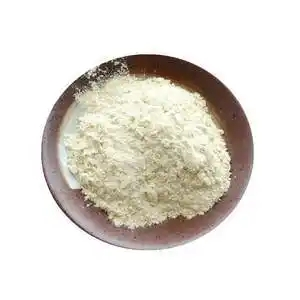
Diacerein powder is a slow-acting drug of the anthraquinone class, derived from plants. It's primarily used to alleviate symptoms associated with osteoarthritis, a common joint condition characterized by the breakdown of cartilage. Unlike traditional nonsteroidal anti-inflammatory drugs (NSAIDs), diacerein works through a unique mechanism that targets the underlying causes of joint degradation.
The active ingredient in diacerein powder is rapidly deacetylated in the liver to its active metabolite, rhein. This compound exerts its effects by inhibiting the production and activity of interleukin-1 (IL-1), a pro-inflammatory cytokine that plays a significant role in the development and progression of osteoarthritis. By modulating IL-1, diacerein helps to reduce inflammation and slow down the degradation of cartilage in affected joints.
Moreover, diacerein has been shown to stimulate the production of proteoglycans, essential components of cartilage that provide cushioning and support to joints. This dual action of reducing inflammation while promoting cartilage health makes diacerein powder a unique and potentially valuable tool in managing joint conditions.
Top Health Benefits of Diacerein Powder You Should Know
The use of diacerein powder offers several potential benefits for joint health and overall well-being. Here are some of the key advantages associated with this compound:
1. Osteoarthritis Symptom Relief
Numerous clinical studies have demonstrated the efficacy of diacerein in alleviating symptoms of osteoarthritis, particularly in the knee and hip joints. Users often report reduced pain, improved joint mobility, and enhanced quality of life. The slow-acting nature of diacerein means that while results may not be immediate, they tend to be long-lasting and continue even after discontinuation of the treatment.
2. Cartilage Protection
One of the unique aspects of diacerein is its ability to protect and potentially regenerate cartilage. By inhibiting the enzymes responsible for cartilage breakdown and stimulating the production of cartilage components, diacerein may help slow down the progression of osteoarthritis and maintain joint health over time.
3. Reduced Inflammation
The anti-inflammatory properties of diacerein are well-documented. By targeting IL-1, a key player in the inflammatory process, diacerein helps to reduce joint inflammation without the gastrointestinal side effects often associated with traditional NSAIDs. This makes it a valuable option for long-term management of chronic joint conditions.
4. Potential Systemic Benefits
Some research suggests that the anti-inflammatory effects of diacerein may extend beyond joint health. There's emerging evidence that it might have beneficial effects on metabolic health, potentially improving insulin sensitivity and lipid profiles. While more research is needed in this area, it hints at the broader potential of diacerein for overall health.
5. Delayed Need for Joint Surgery
For individuals with severe osteoarthritis, joint replacement surgery is often the ultimate solution. However, studies have shown that long-term use of diacerein may delay the need for such invasive procedures by effectively managing symptoms and potentially slowing disease progression.
Diacerein Powder: Dosage, Side Effects, and Precautions
While diacerein powder offers numerous potential benefits, it's crucial to use it correctly and be aware of possible side effects and precautions. Here's what you need to know:
Dosage
The typical recommended dosage of diacerein is 100 mg per day, usually divided into two 50 mg doses. However, it's advisable to start with a lower dose of 50 mg daily to minimize potential gastrointestinal side effects. The dose can then be gradually increased as tolerated. It's important to note that the full effects of diacerein may not be apparent for several weeks, so patience is key when starting this treatment.
Side Effects
Like all medications, diacerein can cause side effects in some individuals. The most common side effects include:
- Diarrhea: This is the most frequently reported side effect, particularly at the beginning of treatment.
- Abdominal pain
- Soft stools
- Changes in urine color: Diacerein can cause urine to turn a yellowish-brown color, which is harmless but may be alarming if unexpected.
- Skin reactions: In rare cases, some individuals may experience skin rashes or itching.
Most of these side effects are mild and tend to resolve as the body adjusts to the medication. However, if side effects persist or worsen, it's important to consult with a healthcare provider.
Precautions
While diacerein is generally considered safe for most adults, there are some precautions to keep in mind:
- Age restrictions: Due to the risk of severe diarrhea, diacerein is not recommended for patients aged 65 years and above.
- Liver conditions: Individuals with liver disease should use diacerein with caution and under close medical supervision.
- Inflammatory bowel diseases: People with conditions such as Crohn's disease or ulcerative colitis should avoid diacerein due to its potential to exacerbate gastrointestinal symptoms.
- Pregnancy and breastfeeding: The safety of diacerein during pregnancy and breastfeeding has not been established, so it's best avoided during these periods.
- Drug interactions: Diacerein may interact with certain medications, including some antibiotics and antacids. Always inform your healthcare provider about all medications you're taking.
Long-term Use Considerations
While diacerein is designed for long-term use in managing chronic joint conditions, it's important to have regular check-ups with your healthcare provider. They can monitor your response to the treatment, adjust the dosage if necessary, and watch for any potential long-term effects.
Lifestyle Factors
To maximize the benefits of diacerein powder and support overall joint health, consider incorporating the following lifestyle measures:
- Maintain a healthy weight to reduce stress on weight-bearing joints
- Engage in regular, low-impact exercise to improve joint flexibility and strength
- Adopt an anti-inflammatory diet rich in fruits, vegetables, and omega-3 fatty acids
- Stay well-hydrated to support joint lubrication
- Practice good posture and ergonomics to minimize joint strain
Conclusion
Diacerein powder represents a unique approach to managing joint health, offering potential benefits in symptom relief, cartilage protection, and inflammation reduction. Its mechanism of action sets it apart from traditional treatments, making it a valuable option for those seeking alternatives or complementary therapies for joint conditions.
However, as with any medical treatment, it's crucial to approach the use of diacerein powder with informed caution. While many individuals experience significant benefits, it's not suitable for everyone, and potential side effects should be carefully considered. Always consult with a healthcare professional before starting any new treatment regimen, especially for chronic conditions like osteoarthritis.
By understanding the benefits, proper usage, and potential risks associated with diacerein powder, you can make an informed decision about whether it might be a suitable option for your joint health needs. Remember, the journey to optimal joint health is often multifaceted, involving a combination of medical treatments, lifestyle modifications, and ongoing care.
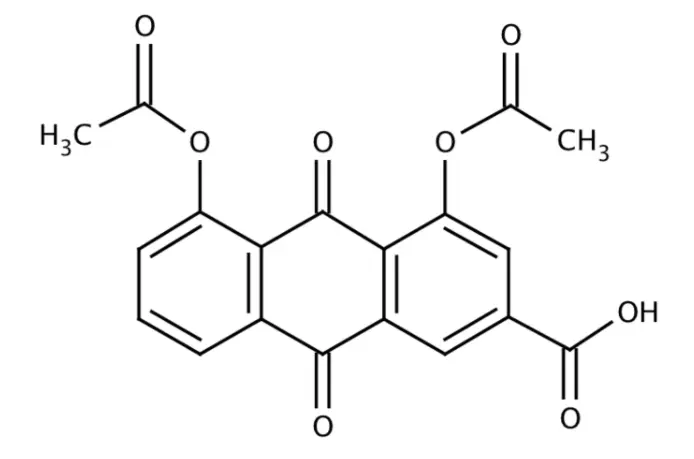
References
- Fidelix, T. S., et al. (2014). Diacerein for osteoarthritis. Cochrane Database of Systematic Reviews.
- Pavelka, K., et al. (2007). The efficacy and safety of diacerein in the treatment of painful osteoarthritis of the knee. Arthritis Research & Therapy.
- Pelletier, J. P., et al. (2000). Efficacy and safety of diacerein in osteoarthritis of the knee. Arthritis & Rheumatism.
- Bartels, E. M., et al. (2010). Symptomatic efficacy and safety of diacerein in the treatment of osteoarthritis: a meta-analysis of randomized placebo-controlled trials. Osteoarthritis and Cartilage.
- Rintelen, B., et al. (2006). A meta-analysis of controlled clinical studies with diacerein in the treatment of osteoarthritis. Archives of Internal Medicine.
- Dougados, M., et al. (2001). Evaluation of the structure-modifying effects of diacerein in hip osteoarthritis. Arthritis & Rheumatism.
If you're interested in learning more about diacerein powder or any of our other plant extracts, we'd love to hear from you. Contact us at mark@jiubaiyuanbiotech.com for more information or to discuss how our products can meet your specific needs.
Related Industry Knowledge
- What are the benefits of turmeric powder for the human body?
- Cytisine Powder: Benefits, Uses, and Latest Research
- Unlock the Benefits of Chlorogenic Acid Powder
- Unlocking the Benefits of Asiaticoside 98 for Health
- How Do You Apply Calcipotriol?
- Is Apple Cider Vinegar Powder the Secret to Better Health?
- What is Ectoine Powder and Its Benefits?
- Exploring the Science Behind Kaempferol Powder
- How Spermidine Wheat Germ Extract Boosts Longevity?
- What Is Diacetyl Used For?
